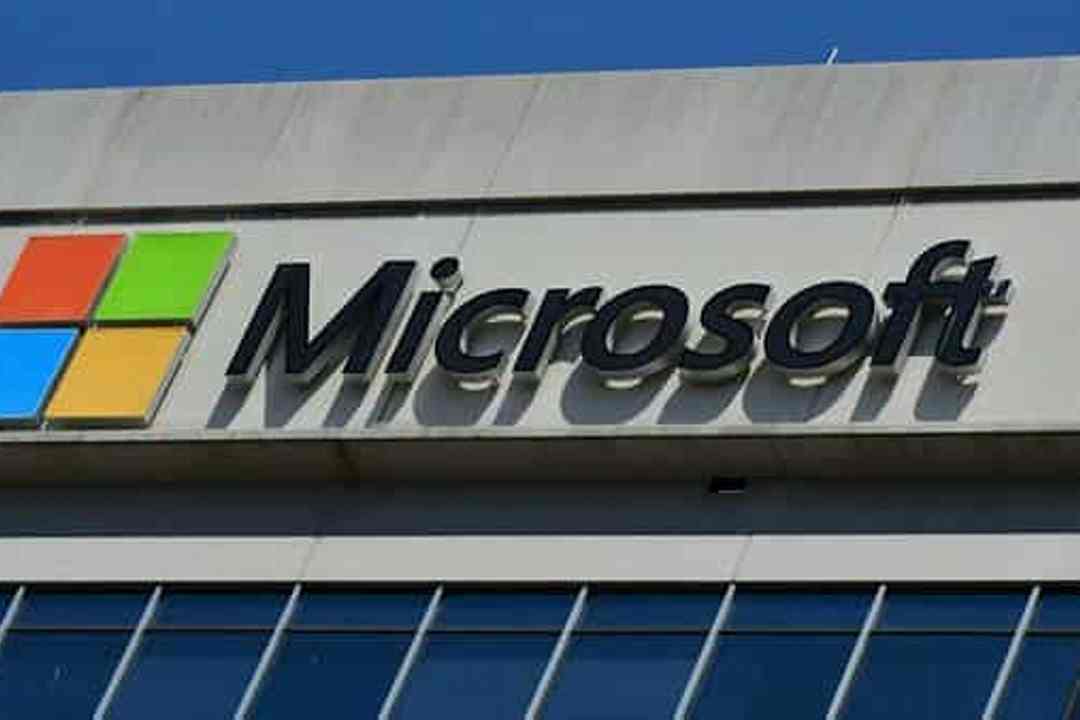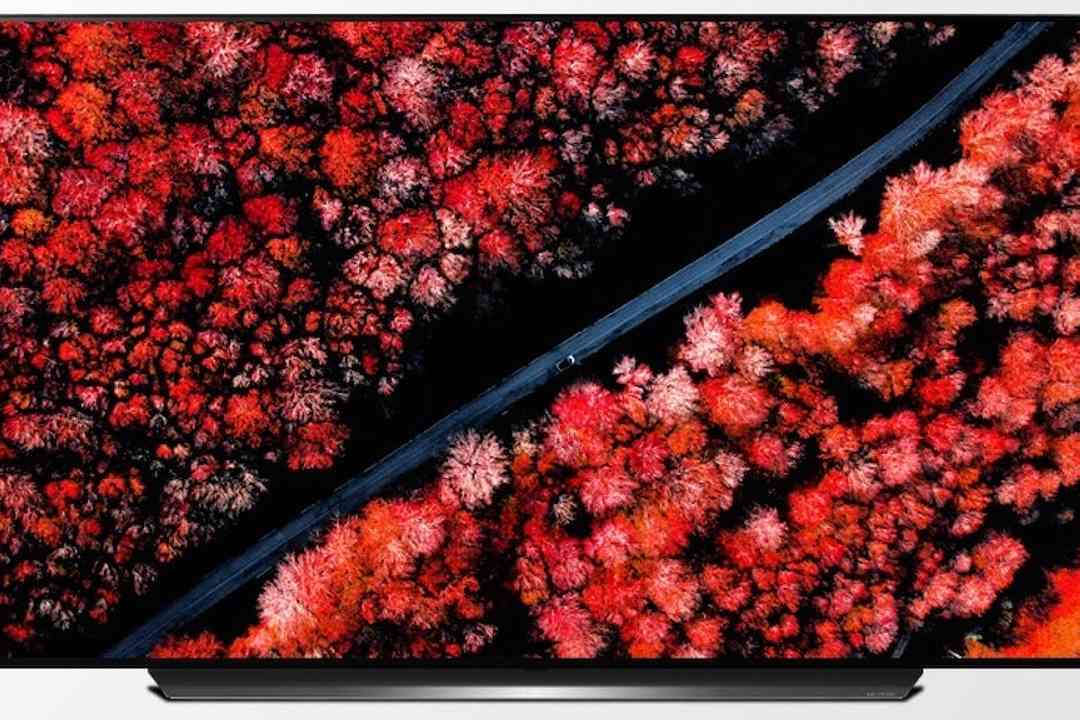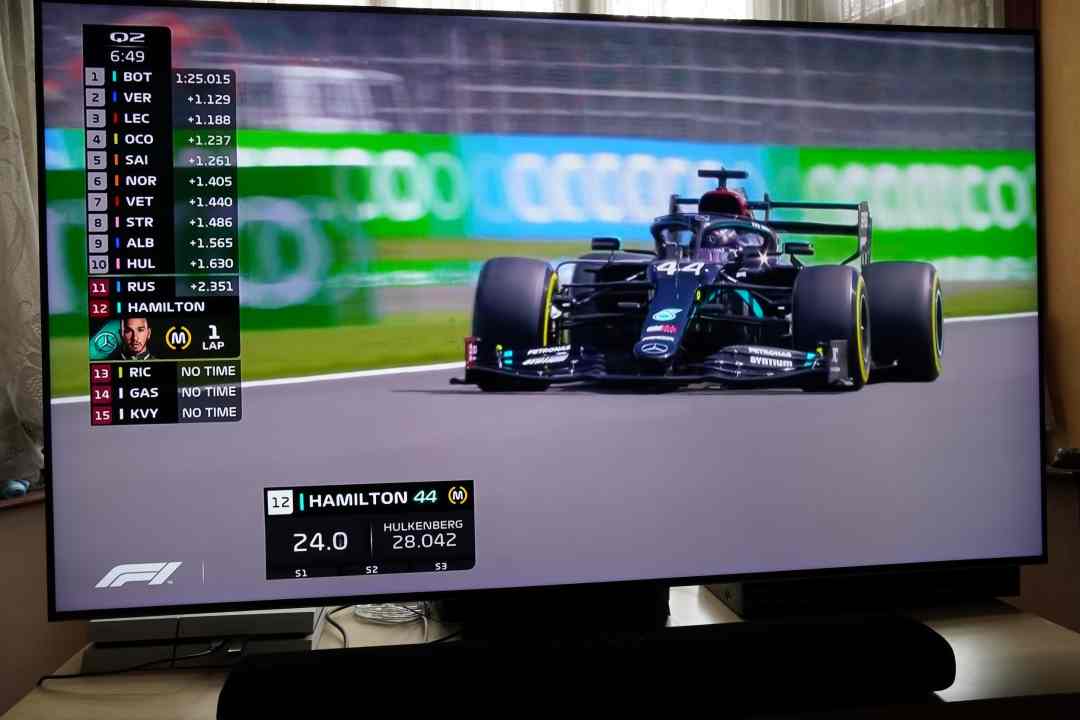
A videogame retailer without games? The new GameStop seems to think it is at least plausible.
The retail chain’s fiscal third-quarter results reported late Wednesday showed the company’s third consecutive period of double-digit sales growth. Revenue jumped 29% year over year to about $1.3 billion. That was ahead of the $1.2 billion consensus target of the few Wall Street analysts still willing to cover the meme-addled stock. But merchandise inventory also exploded by 91% from the previous quarter—the biggest sequential jump in more than a decade as the company claimed it was “front-loading investments” to meet increased demand and mitigate supply-chain issues. GameStop’s share price fell 10% Thursday.
The results gave a further glimpse into the company’s new direction. Hardware and accessories revenue jumped 62% year over year while collectibles revenue rose 31%. Revenue from game software, by contrast, fell 2% year over year. A reorganization of GameStop’s segment reporting last year makes comparisons with prior periods difficult, but note that new game software alone once comprised more than 42% of the company’s total sales. Now, both new and used software combined make up about one-third of revenue.
The trend is understandable. A world in which most videogames are sold as digital downloads has less opportunity for a retailer still running more than 4,200 stores at last count. And, while GameStop’s new management team is still unwilling to share many details of its plans—Chief Executive Matt Furlong spoke for just seven minutes on Wednesday’s call and again took no questions—the company’s statement made no mention of games at all. It instead called the contribution of brands such as Samsung Electronics Co., LG Electronics Inc. and Razer Inc.—established names in videogame PCs and peripherals. And Mr. Furlong said the company is “exploring emerging opportunities” in the latest market buzzwords of blockchain, NFTs and “Web 3.0 gaming”—the latter being another term for the metaverse.
But such a move isn’t without risk. GameStop’s unique mix of new and preowned videogame hardware and software historically garnered the company gross margins near 30%—well above the high-teens average for computer and electronics retailers, according to data from S&P Global Market Intelligence. And while the company’s coffers are still flush with more than $1 billion raised through stock sales to its enthusiastic investor base, it is burning cash—more than $306 million in the latest quarter alone. Colin Sebastian of Robert W. Baird & Co. said Wednesday that “even some of the faithful may begin to ask questions if cash outflows accelerate next year.”
MINT PREMIUM
See All
Premium
Investors of Indian Hotels to get a warm stay
Premium
How tier-II tech firms are leading the way in Q4
Premium
E-scooters on govt’s radar after recent fires
Premium
What bond platforms are offering investors
This story has been published from a wire agency feed without modifications to the text






